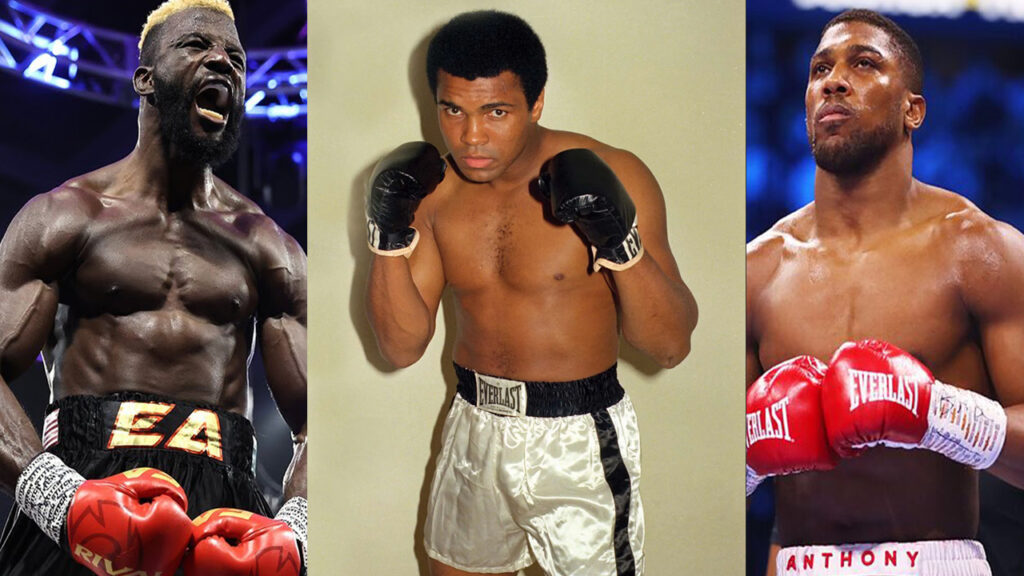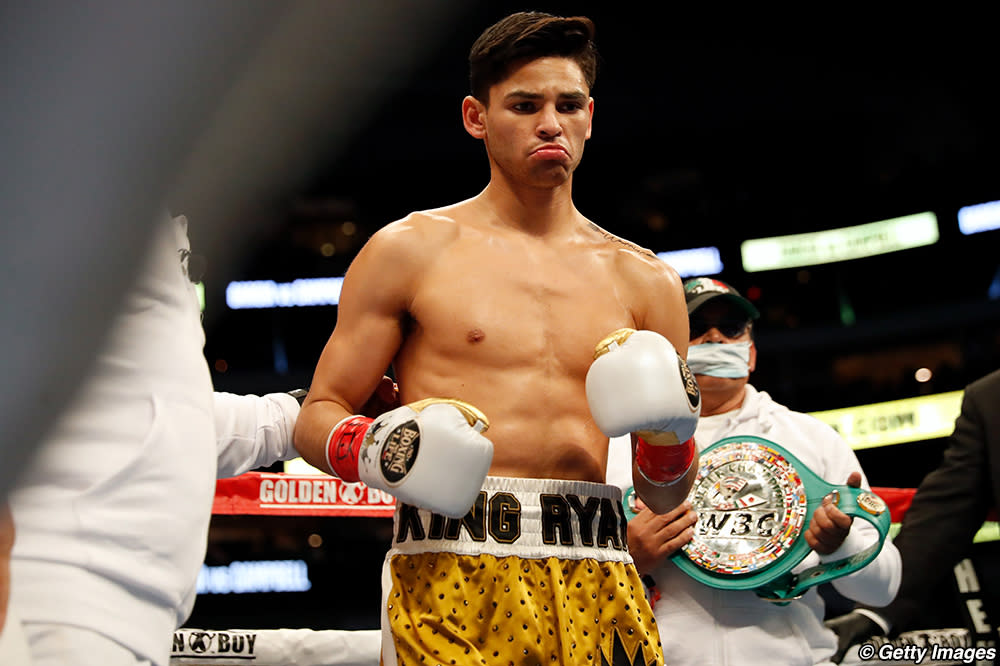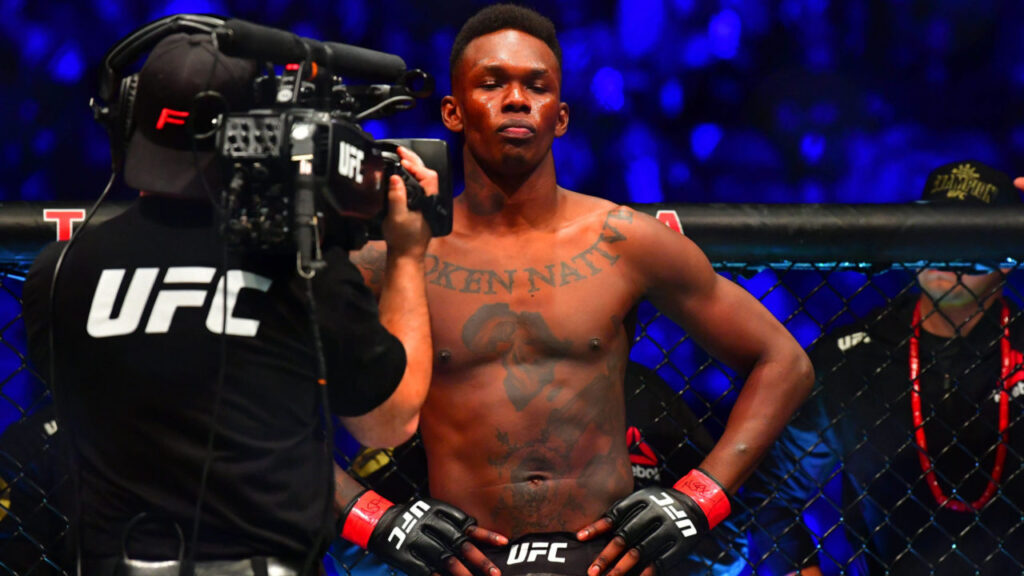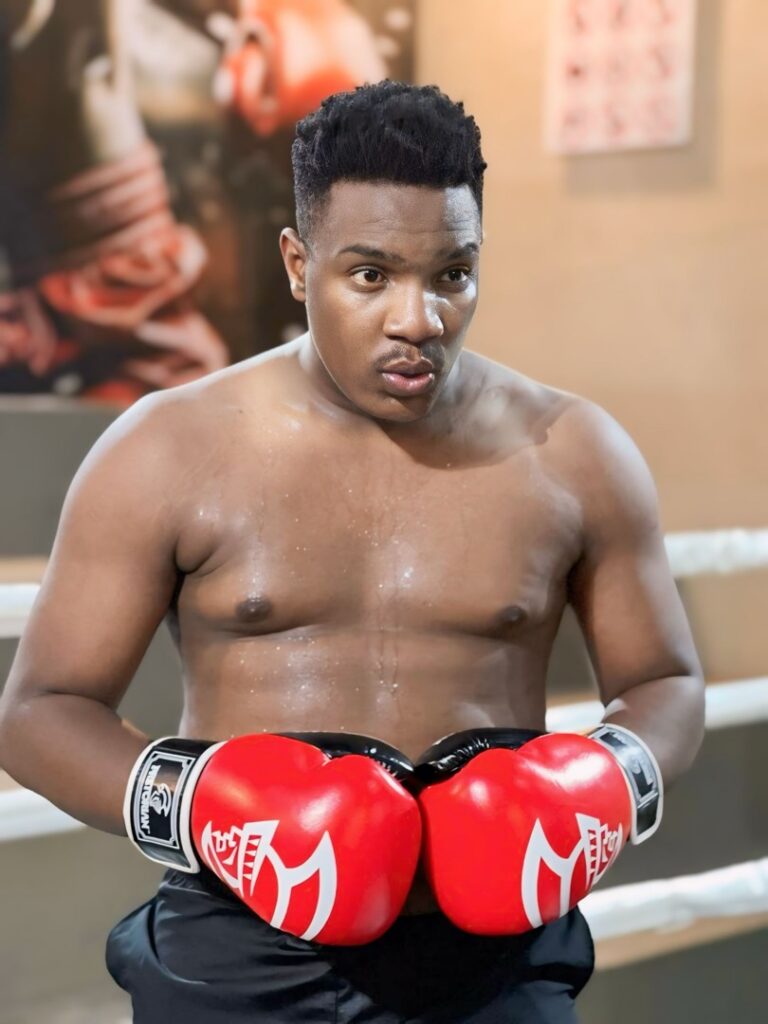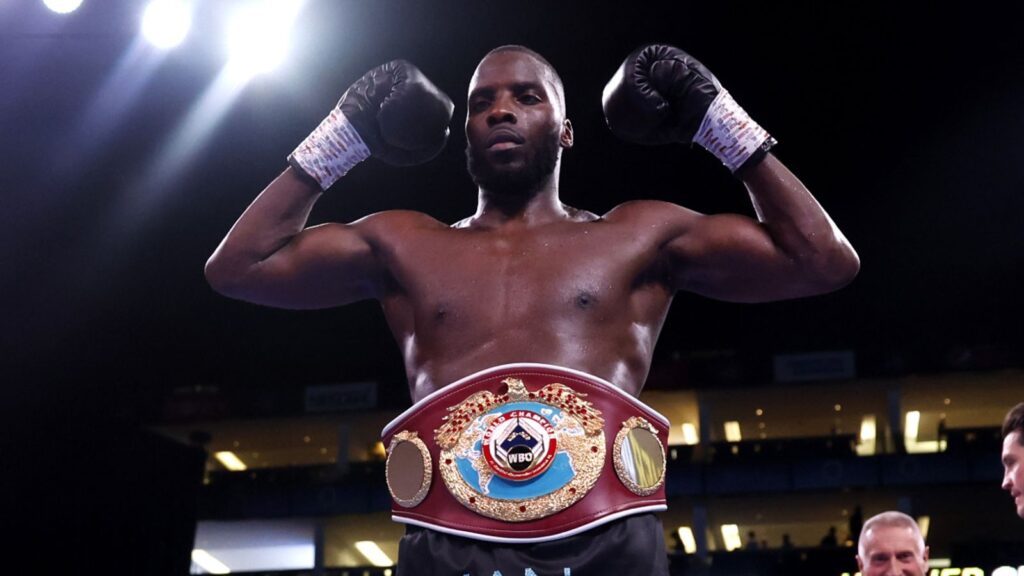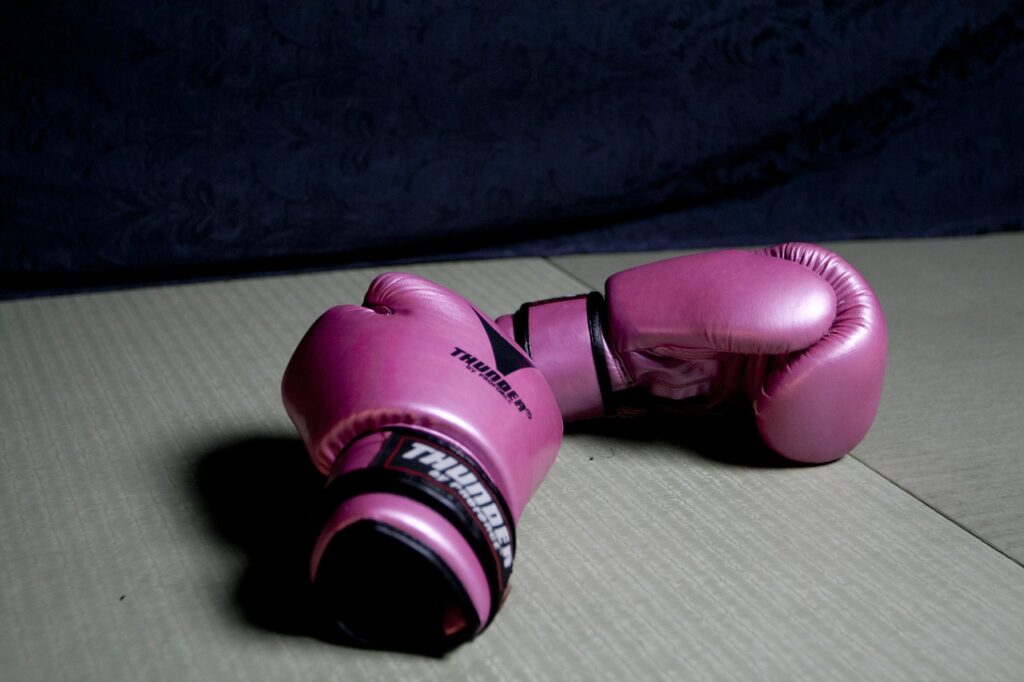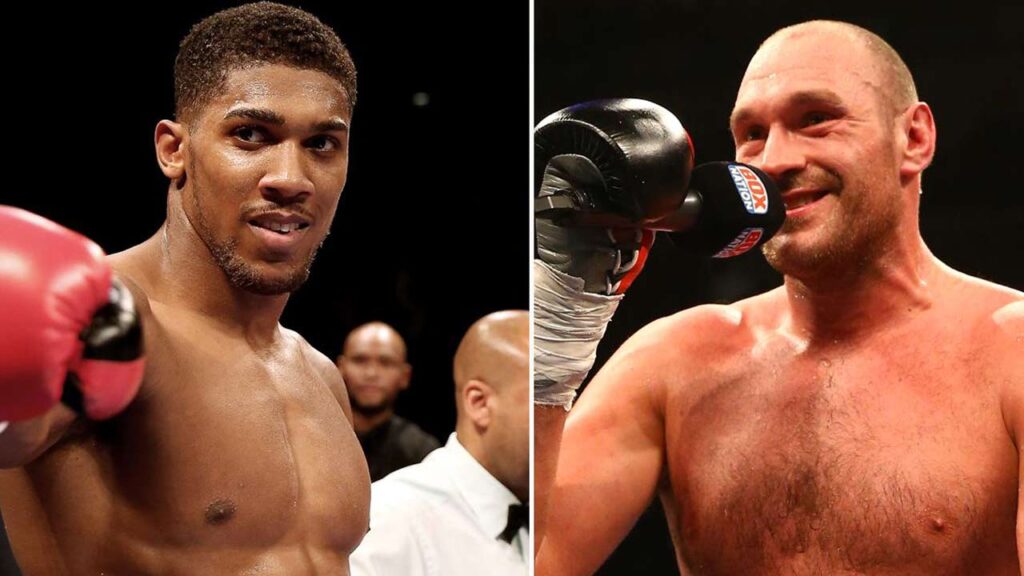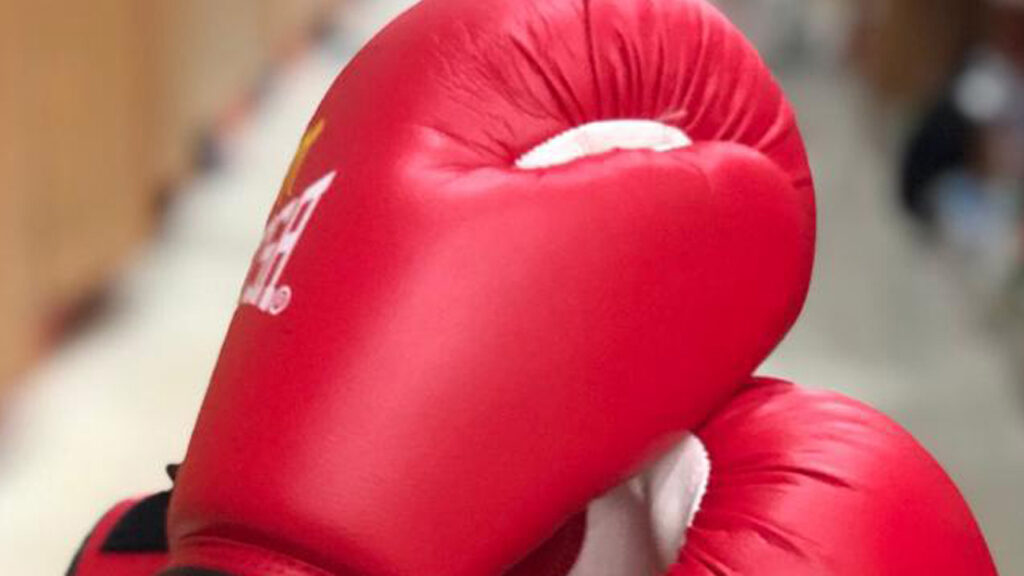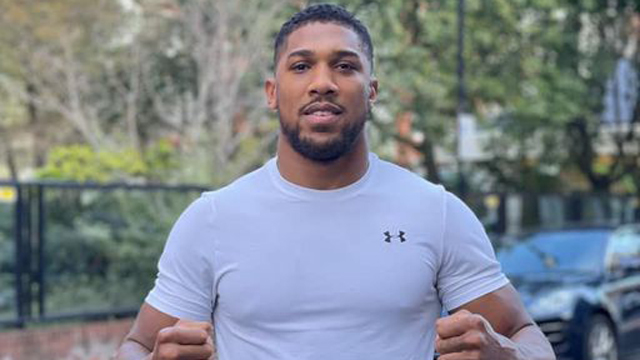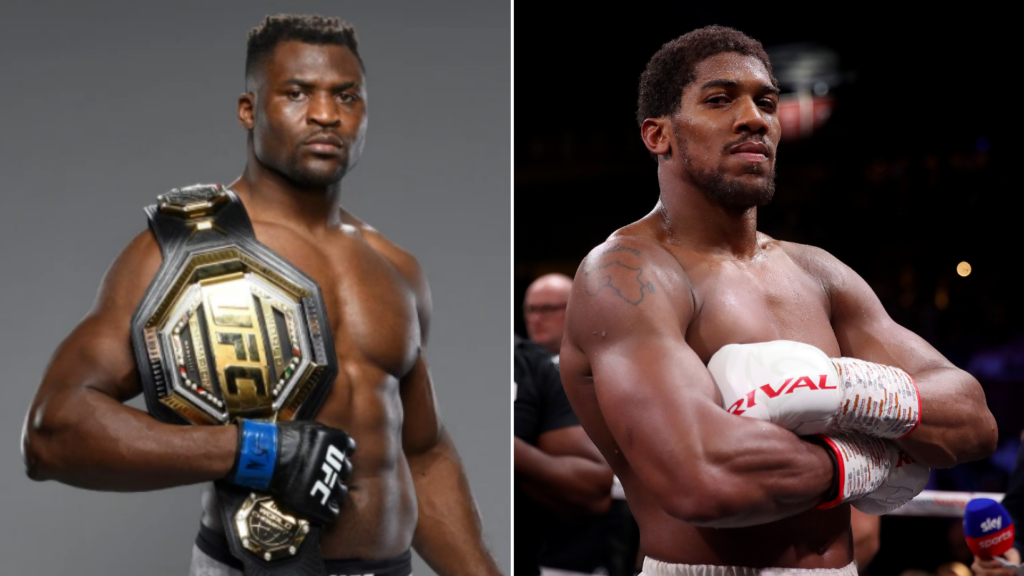Unlike what was obtained yesteryears when boxing greats like Mohammed Ali, George Foreman, and Mike Tyson, among others, dominated the sport in their early 20s, the world’s current boxing champions, and some of its biggest crowd pullers are all over 30 years of age. CHRISTIAN OKPARA writes that many factors, including politics, and the gestation period of contemporary fighters, are responsible for the new trend.
Sport is globally recognised as an endeavour for agile youths, who utilise their power and talent to make a name and fortune. Amateur sports are usually practiced by teenagers and athletes in their early years, and grow to master their games before turning professional, in some cases.
Until recently, footballers were expected to become top players from their early 20s and reach their prime from age 23 to 30, when they start winding down their careers.
Such expectations have been conquered by modern footballers, who adhere to strict science and training regimes to prolong their professional shelf lives. Thus, the world has seen stars like Tiago Silva, Lionel Messi, Pepe, and Ronaldo, among others, who are still on top of their game in their late 30s and early 40s.
But such elongated careers are few and rare in a sport that requires speed and agility such as boxing. Boxing is different; or rather, it used to be different until recently. Before this time, some of the best-known boxers became world champions and crowd-pullers in their late teens and early 20s. This is so because, unlike many other sports, boxing requires physical power, body and brain agility, and quick movement.
Mohammed Ali, who is regarded as the world’s greatest boxer ever, was 18 years old when he won an Olympic gold medal, and in 1964, at age 22, he defeated Sonny Liston to become the heavyweight champion of the world.
‘Iron’ Mike Tyson was 20 years old in 1986 when he beat Trevor Berbick to become the undisputed world champion. In contrast, the same Mohammed Ali was 34 years old when he lost his world title to 24-year-old Leon Spinks. Four years later at 38 years, the former undisputed world champion was a sorry sight as the emerging Larry Holmes made mincemeat of him in 1980.
In Nigeria, one of the greatest boxers to ever grace the sport, Dick ‘Tiger’ Ihetu, became the world’s middleweight champion in his middle 20s and moved up to rule the world’s light heavyweight division later in his career.
The former WBC welterweight number one contender, Obisia Nwankpa, started boxing in the Mushin area of Lagos at age 13. He became a Commonwealth champion at 23 and fought for the WBC title against Saoul Mamby at age 28. Obisia would have become a world champion before his 25th birthday, but a lack of opportunities made that impossible.
Kabiru Akindele’s case properly illustrates age’s cruelty to boxers. The Nigerian dominated the West African scene in his prime and was even touted to have a go at the world title. But he lingered too long in the sub-region such that when the opportunity to fight the world’s elite boxers came, he could not rise to the occasion. He was eventually retired by an emerging Azumah Nelson, who used him as a stepping stone to world reckoning. Nelson, a Ghanaian, later became a world champion and one of the best pound-for-pound fighters in the 1980s.
Research has shown that the prime for fighters is in their mid to late 20s. A male peaks in test and mental decision-making at the age of 27, so if they were boxing from childhood, and properly trained, they will reach their mental and physical peak around then. By 30, they start to decline in a sport where the brain is the target.
Explaining the role of age on a boxer’s career, a pundit, who goes by the moniker Boxing Booth, said, “Every professional boxer will reach their prime at a different age, and depending on several factors, with what I call the “physical prime” sometimes differing from their fighting prime.
“A boxer’s ‘physical prime’ (muscular strength, speed, stamina, flexibility, etc) generally peaks between the ages of 20 and 30, as multiple studies have shown that the average male will stop developing during their late teens to early-20s, and start gradually declining physically as they progress through their 30’s.”
He said that a boxer’s “fighting prime” usually occurs during their “physical prime,” adding that fighting is a highly physical combat sport in which those at the top of their physical game will usually have the edge over the slightly older fighter.
“However, in my opinion, Muhammad Ali’s fighting prime took place after his physical prime, as though faster, more agile, and stronger during his 60’s dominance, he impressed me more during his 70’s, post-ban reign as he fought and beat better competition by showing a wider range of boxing tactics, and applying various styles to overcome greater obstacles.
“The same can be said for Bernard Hopkins, who won his first world title at the age of 30, with his most memorable accomplishments coming when Hopkins was well into his 40s, right up to when he became the oldest boxer in history to win a world championship at the ripe old age of 46, and again at 48. Hopkins’ fighting prime, arguably, came after he had hit (and past) the point where his body had reached its peak level of overall fitness, thus making his physical prime different from his fighting prime.”
According to Boxing Booth, different boxers reach their physical prime and fighting prime at different ages and different points in their career, depending on how early, or late they began participating in the sport, how intensely and regularly they train, their boxing style, in which division they participate among others.
A former Secretary General of the Nigerian Boxing Board of Control, Trigo Egbegi, said that boxers who remain relevant into their late 30s are just waiting to be shoved off the scene by younger fighters.
Egbegi said that age is something nobody can wish away, suggesting that some of the current fighters on top of the game are occupying positions meant for younger fighters.
There have been insinuations that boxing, particularly the heavyweight class, is being manipulated to perpetuate some fighters at the top due to the high revenue such fighters like Tyson Fury, Anthony Joshua, Oleksandr Usyk, Deontay Wilder, and Zhilei Zhang yield to promoters.
Two ready examples are used to buttress such views: The first time Anthony Joshua stepped out of the ordained circle he was knocked out by unheralded Andy Ruiz. Since then, his promoters have been careful with the opponents they pit against him.
Another instance is Tyson Fury’s Francis Ngannou debacle where a martial arts fighter with little experience as a boxer knocked down the then world champion before he was declared winner of a bout that many believed Ngannou won.
Egbegi said the issue is not the absence of younger boxers, but opportunities for these young fighters, adding, however, that the time for the younger fighters is already here.
“There are so many young fighters that are gradually fighting their way to the top. One is a young American, Jared ‘Big Baby’ Anderson, who will soon shove out the old fighters.
“The heavyweight division’s current frontrunners are all fading away. Oleksandr Usyk is 37 years old, Tyson Fury is 35, Joshua is 34, Wilder is 38, while Zhilei Zhang, who recently beat Wilder is 40.
“Anderson will take these fighters to the cleaners soon.” On Nigeria’s lack of quality young fighters, Egbegi said the system that produced the Obisias and the Joe Lasisis no longer exists, hence there is no incentive for the youth to take to boxing.
He said: “We don’t have the appropriate programme and foundation to school youngsters properly in the sweet science. There are no managers and promoters to organise fights and, in a country, where there is no development programme for those who want to take to the sport, you cannot talk about good boxers.”
Bamidele Johnson, whose outfit, Flykite Promotions, organises the GOtv Boxing Night, agrees that the current top boxers in Nigeria do not hit the same milestones as their foreign counterparts. He added, however, that the reason is not necessarily due to being inferior in terms of talent. Rather, he blames it on the environment.
According to Johnson, in most developed countries, there is top-tier guidance, nurturing, or talent management from an early age for young fighters.
“Those managing the talents have been trained to do so. There are also much better facilities than we have here. So, it is expected that the outcomes will be different. Boxers in an environment that is better resourced will rise to the top quicker and stay longer,” he said.
Johnson said that Flykite Production started the GOtv boxing promotion as an intervention project designed to “revive the domestic boxing scene which, at the time we began in 2014, was gasping for breath.
“We met boxers who had to wait for two to three years in between fights. So, if a boxer won a title, it took him two or three years to defend or even have a warm-up fight because promotions were few and far between.
“This also speaks to why Nigerian boxers age without developing because the outlets for their craft are limited. Imagine a boxer winning a national title at 19 and not being able to defend it until he is 22. There’s no way he would progress like those in other climes. No way.”
He said that Flykite Promotions started GOtv Boxing Night NextGen Search shortly after GOtv Boxing Night began with the aim of finding talented young boxers and moulding them.
“We did this with the Lagos Boxing Hall of Fame, NBB of C, and some of our top coaches like Joe Mensah, Obisia Nwakpa, and the late Jerry Okorodudu.
“Through GOtv Boxing NextGen Search, we found some gems like Rilwan “Baby Face” Babatunde, who rose to become ABU welterweight champion and has gone to fight abroad, and Opeyemi “Sense” Adeyemi, who is now based in the United States among others.
For the President of the Nigerian Boxing Board of Control (NBB of C), Raufu Ladipo, current champions are still occupying their positions because they have shown that they are stronger than the younger ones.
Ladipo, who is also president general of the Nigerian Football and Other Sports Supporters Club, noted that old boxers who are wearing the crowns now are doing so having earned them, “but that will change with time because there are so many young and exciting fighters coming up right now.
“Joshua and the rest will soon leave. Even in the other categories, their champions are mostly above 30. That is the reality right now,” he said. On the poor state of Nigerian boxing, Ladipo said the sport stagnated for 10 to 15 years, adding that efforts were currently on to revive it.
“We have had to review and reshuffle the system to attract young men and women to boxing. We now have young boxers in the system like Rilwan Babatunde and Idris Gbadamosi, and I am sure very soon they will be good enough to win big titles for Nigeria. Before this year runs out, we hope to see our boxers fighting for world titles.
“We have two boxers in America, Efe Ajagba and Efe Apoche, who are among the top heavyweights in the world right now. I am sure they will get opportunities to fight for world titles soon.”

